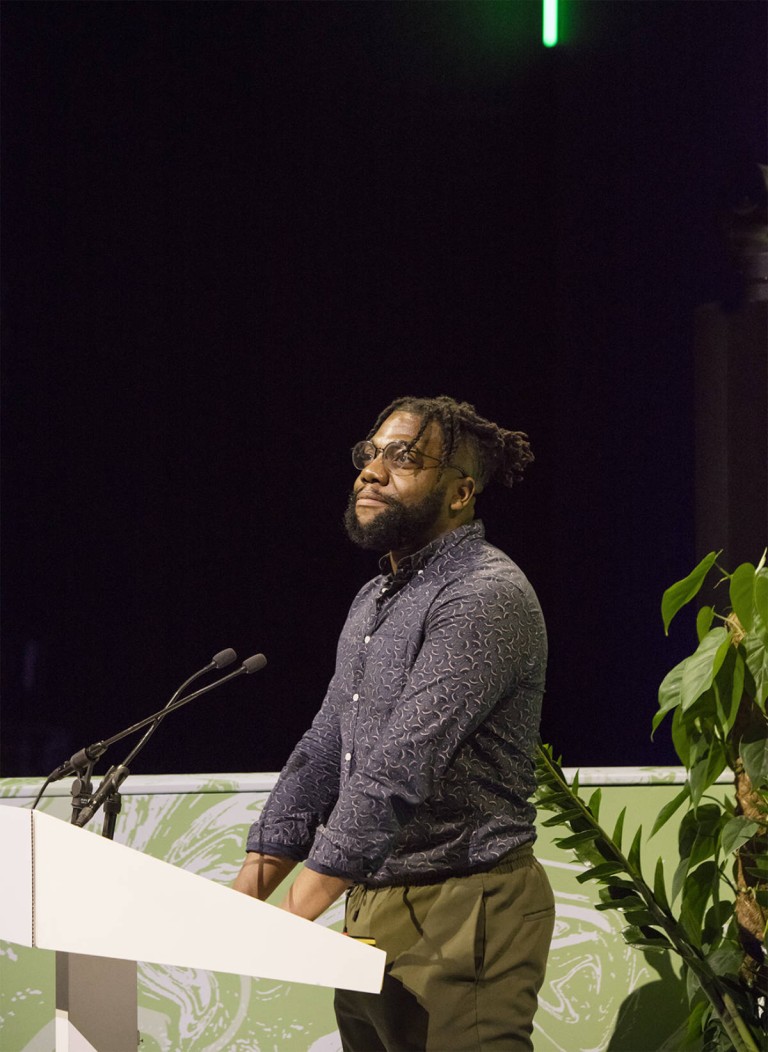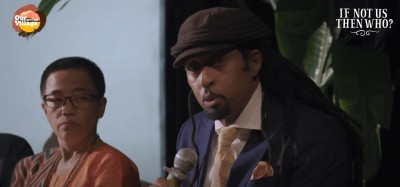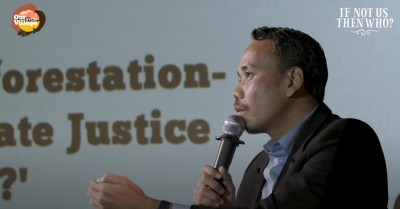It is crucial to address the systems that perpetuate the very problems we face. Instead of solely focusing on the individual’s limited capacity to make a difference, we must critically examine the larger systems at play. The prioritization of money over morality and the elevation of individual interests over community well-being create glaring contradictions that demand our attention. How can we envision a sustainable future without acknowledging and learning from our past mistakes? How can we justify investing in oil projects like Cumbo while simultaneously cracking down on protests with severe sentencing? How can fossil fuel production increase in our country since the Paris climate agreement? And how can we provide tax cuts for domestic flights while neglecting to support affordable domestic train fares, all under the guise of investing in our future? These questions compel us to confront the inconsistencies and systemic flaws that hinder genuine progress towards a more equitable and sustainable society.

How to transform the system?
Those most affected by the climate crisis are also those with the least power to decide and act on it. Tackling climate justice demands a shift in power, not only to repair frontline communities, but also to make sure that those who negotiate, sign and approve are also those most knowledgeable of what needs to be done to stop the crisis.


